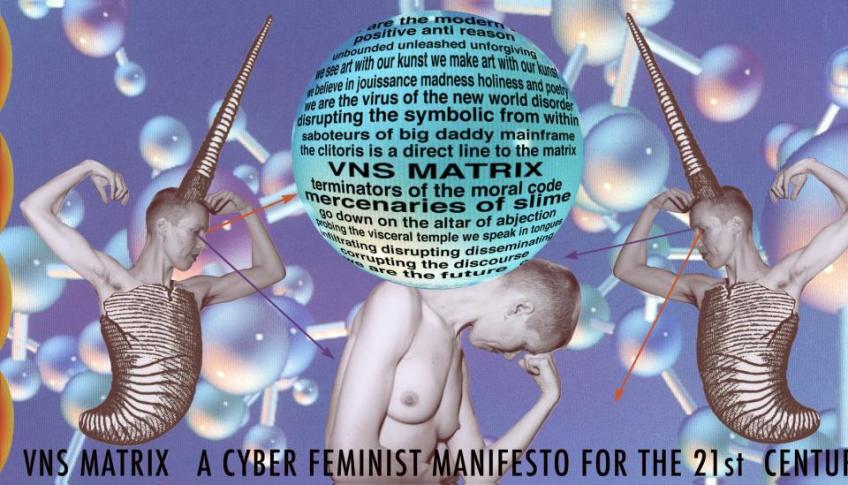
I’m reminded of that then-radical phrase, “Women’s rights are human rights.” When women stood up in Beijing more than 20 years ago, they were daring to speak out about a multiplicity of identities that had until then been all but ignored in human rights language, laws and implementation.
Today, feminist movements and organisations have gone far beyond “Women’s rights are human rights” by intentionally practising more intersectionality and expanding the idea of “women’s rights” and “women’s issues” to a feminist, political framework that is applied to issues ranging from climate justice to drug policy. During this time, technology has drastically altered the landscape of human rights. Social movements and human rights organisations are struggling to deal with human rights violations that are being facilitated and perpetuated by those in power and their technology. Tech corporations are more powerful than many governments around the world.
Today, feminist activists are claiming that digital rights are human rights, too. There is a robust community of feminist organisations, collectives, activists and more who are striving to strengthen digital rights. Amongst them, cyberfeminists, especially from the global South, are going deeper into making digital rights a reality for women, LBT individuals, non-English speaking people in the global South, and more. When cyberfeminists are saying that digital rights are human rights, they are creating subversive solutions and alternative realities. They are building the human rights framework with a digital perspective and the digital architecture that we need for the future that we desire.